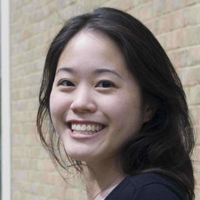
Many studies contend that dementia can be prevented by learning new skills. One group of researchers recommends that older adults learn like a child; that is, by tackling many new tasks at one time in a supportive environment.
The natural learning experience from infancy to emerging adulthood requires the acquisition of many real-world skills simultaneously, reported Rachel Wu, Ph.D., of the University of California – Riverside. This learning style may benefit older adults in the same way that it does young people, she wrote, by allowing them to gain more independence in everyday life.
That theory has been borne out in her newest research. Study participants, adults aged 58 to 86 years old, bridged a 30 year difference in cognitive abilities by undertaking an intensive schedule of coursework. They significantly increased their working memory, cognitive control, and episodic memory (the type that allows a person to find car keys) within six weeks of the three-month study period. Control group members, who did not take classes, showed no change in their performance.
Wu also suggested that seniors should focus on growing rather than maintaining abilities. In other words, mistakes should be allowed in the short term, with an eye on long-term growth. This idea flies against current theories that favor reducing activities for older adults after mistakes are made, she wrote.
“The studies provide evidence that intense learning experiences akin to those faced by younger populations are possible in older populations, and may facilitate gains in cognitive abilities,” she concluded.
Read the article




